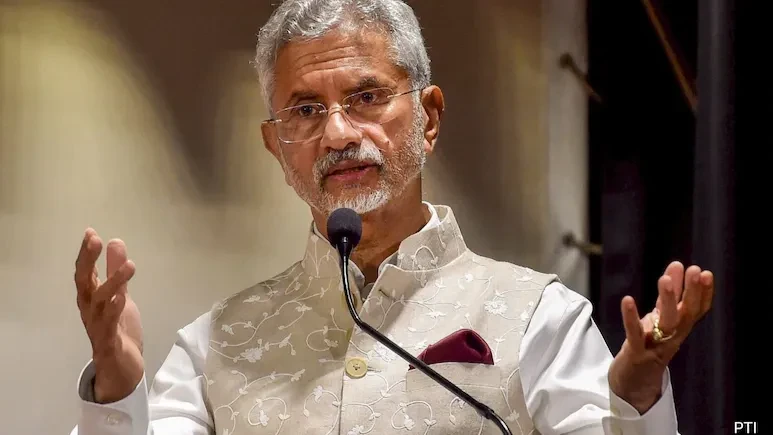Forced into marriage aged 16, now champion for her children’s education

HABIBA Ibrahim (not her real name) was just 16 years old when her life took a drastic turn. Days after sitting for her primary school leaving examinations in 1996, she was married off to a much older man, a decision driven by desperation in the midst of a crippling drought.
“There was no food at home. We sometimes survived on cassava leaves and papaya,” Habiba recalls. “When they told me about the marriage, I couldn’t resist, even though I had hoped to go to secondary school.”
Her husband, born in 1974, was already involved with another woman and had a child. He won over Habiba’s parents by promising to provide for the family. Meanwhile, her twin sister refused a similar proposal, choosing instead to await for their exams results.
Both sisters passed and were among just four students selected from their primary school to join Bagamoyo Secondary School. But by then, Habiba was already pregnant and unable to enroll.
Her early marriage brought immense hardship. She lost her first child due to complications and endured emotional and physical trauma. In 1998, she delivered her second child via C-section in Dar es Salaam, only to return home and find her husband had taken another wife.
“He admitted it but insisted I could stay under strict conditions,” she said. “He controlled where I went, just to keep me from finding out she was pregnant.”
Isolated and neglected, Habiba began rebuilding her life with a small loan from a neighbour, selling bans and cakes to make ends meet. Eventually, her father, moved by her resilience, apologised for forcing her into marriage and encouraged her to invest in her children’s future.
Determined to change the trajectory of her family, Habiba joined a women’s group supported by Landesa, an NGO that promotes land rights and economic empowerment for women. With training and a loan of 1.5m/-, she ventured into sesame farming on a six-acre plot, earning 6 million/- from her first harvest.
Today, her journey from child bride to successful mother and entrepreneur stands as a powerful story of resilience. Her firstborn holds a degree in Community Development from Sokoine University of Agriculture and works as a ward executive in Arusha. Her second child, a top-performing science student, is in his fourth year of medical school at Muhimbili University of Health and Allied Sciences.
Together, her children have bought land in Vikindu suburb and have started to build a house—testament to the transformation their mother fought so hard to achieve.
Habiba’s experience is a personal reflection of the wider issue of child marriage in Tanzania. Despite a 2016 ruling by the Court of Appeal declaring sections of the Marriage Act unconstitutional, Parliament has yet to amend the law, citing cultural sensitivities.
“It leaves girls unprotected, forcing them to drop out of school and marry under court or parental consent,” says Prof. Ruth Meena, a gender equality advocate. “This delay is a betrayal.”
According to the United Nations Population Fund (UNFPA), one woman dies every two minutes due to pregnancy or childbirth-related causes—most of them preventable. The agency underscores the urgent need for investment in family planning, education, and skilled midwifery to reduce maternal and infant mortality.
Habiba’s story is one of survival—but more importantly, it is one of triumph, reminding the nation what is possible when women are empowered to reclaim their futures.
Mother's Day in Tanzania is celebrated on the second Sunday of May. This year, it falls on May 11, 2025. The day is a time to honor mothers and their role in the family, nation, and world.
Top Headlines
© 2025 IPPMEDIA.COM. ALL RIGHTS RESERVED

























